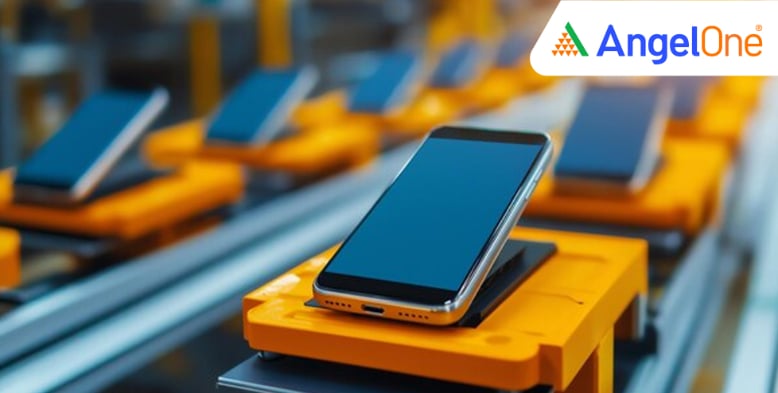
If you’re thinking about buying the new iPhone 17 on EMI (Equated Monthly Instalments), you might want to pause. The Reserve Bank of India (RBI) is planning new rules that could let lenders remotely lock your phone if you miss EMI payments. This change aims to reduce bad debts in the booming smartphone financing market.
Consumer loans, especially for smartphones, have grown quickly in India. Non-bank lenders now provide about 85% of these loans, mainly for expensive phones like Apple, Samsung, and Google models.
While easy EMI options have helped more people buy premium phones, many borrowers have also failed to pay on time. This has created a problem for lenders trying to recover their money.
To tackle this, RBI wants to allow lenders to lock a phone remotely if the borrower misses EMI payments. This is meant to encourage timely repayments and improve loan recovery. Better recovery could help lenders offer credit to more people, even those with weak credit histories.
According to news reports, RBI’s new Fair Practices Code will include:
While lenders welcome this move, many consumer advocates worry it could harm users. Phones are no longer just gadgets; they are essential tools for work, education, social connections, and financial services. Locking a phone could cut people off from important parts of their lives.
Some people even say that this practice weaponises access to essential technology and could lock users out of livelihoods and education until they repay.
The RBI is still discussing the details, and the new rules could be announced soon. If implemented carefully, these regulations could balance the interests of lenders and borrowers. However, the challenge will be to protect consumers from harsh consequences while helping lenders reduce bad loans.
Read more: Should Policyholders Postpone Renewal Premiums to September 22 for GST Exemption?
The RBI’s plan to allow lenders to lock phones remotely for EMI defaults is a big change in India’s consumer finance system. It could help reduce loan defaults, but it also raises serious concerns about consumer rights and access to essential technology. Buyers should stay informed and weigh their options before purchasing expensive phones on EMI.
Disclaimer: This blog has been written exclusively for educational purposes. The securities or companies mentioned are only examples and not recommendations. This does not constitute a personal recommendation or investment advice. It does not aim to influence any individual or entity to make investment decisions. Recipients should conduct their own research and assessments to form an independent opinion about investment decisions.
Published on: Sep 12, 2025, 12:24 PM IST

We're Live on WhatsApp! Join our channel for market insights & updates
